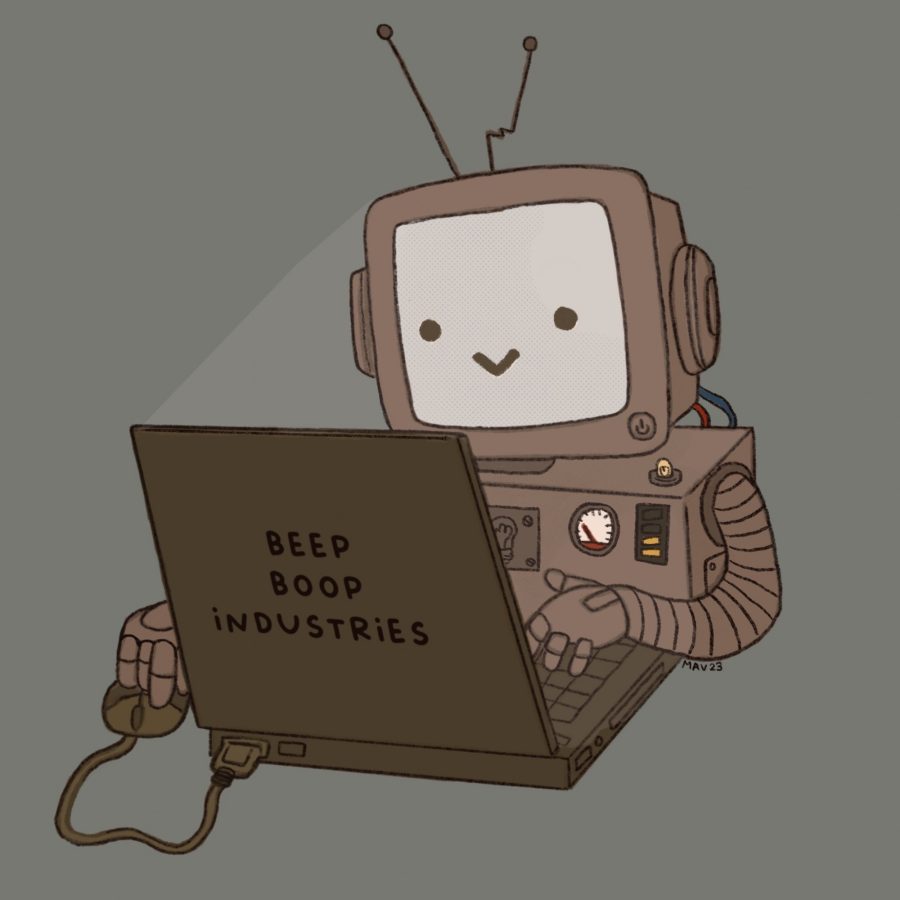
“If tech companies wanted to end online harassment, they could do it tomorrow.”
That’s what Jessica Valenti said in The Guardian around three months ago on the issue of online harassment and stalking, citing YouTube’s Content ID program as an example.
Commentators such as Mike Masnick of Techdirt and Sarah Jeong of The Verge disagreed with Valenti’s assertion that ending online harassment could be easy, citing the flaws of automatic methods like Content ID, but most agree that online harassment is a massive problem.
This is especially true for women. According to the Pew Research Center, 26 percent of women age 18-24 report having been stalked online, and 25 percent report having been sexually harassed.
Compare that to the figures of 8 and 6 percent of men with the same experiences.
And it’s only gotten worse in the age of GamerGate and its coordinated harassment campaigns that sometimes force people out of their own homes — so much so that one of their targets, Zoe Quinn, is trying to create an organization known as the Crash Override Network to combat the targeting.
But this would be more easily done if the sites hosting this kind abhorrence were more active in regulating it. Ariel Waldman posted a horror story about how Twitter refused to ban a stalker who was clearly violating its Terms of Service due to the company being afraid of being sued.
The “reforms” Twitter made after that article broke were just a removal of a tiny step from the complaints process that didn’t increase one’s likelihood of actually getting a complaint addressed.
On Facebook, the situation is similar. One woman reportedly had to wait three months to get a page featuring her head photoshopped onto porn taken down — which only happened after the cops got involved.
Another page called “Ban Islam” was taken down after somebody reported it, only to be shortly brought back thereafter because Facebook reviewed it and declared it “not [to be] hate speech.”
Part of the problem is volume, according to an article on the blog The Internet Offends Me.
“While Facebook can boast that they have nearly 1.5 billion users this year, the impressive feat is that they have 1.2 billion active users who log in nearly every day,” thus creating a huge amount of data that is extremely difficult to sift through, especially given all the baseless reports thrown around.
This could be assumed to be true for other tech companies as well, but this doesn’t mean there’s nothing they can do. They can use community-based regulations, such as those the game League of Legends has implemented, or perhaps copy the examples of security-enhancing mods, such as Block Together.
But some way, somehow, we must make social media sites more responsive to blocking abuse. We’re well past the “Internet isn’t serious business” era of online discourse and into the “assholes on 8chan will ruin your life if you’re a woman with opinions” days. It’s time social media companies acknowledged that.
_______________
Tom Johnson is a film & television studies junior. Follow him on Twitter.








